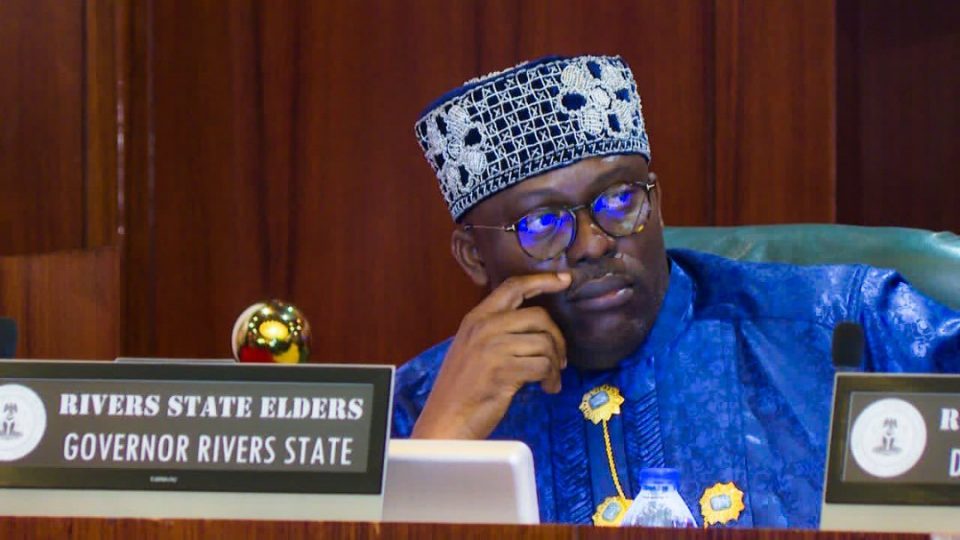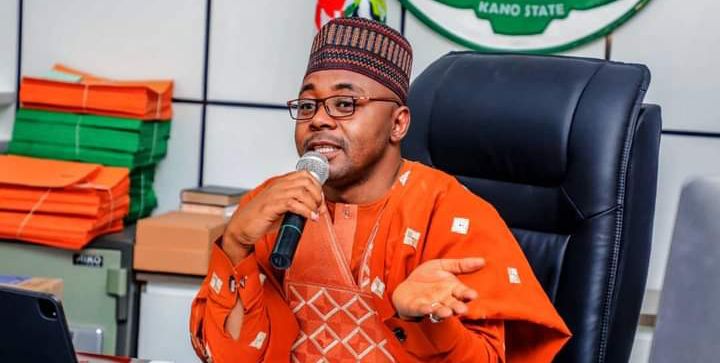Balancing Electricity Subsidy and Affordable Electricity for All Nigerians”

The recent decision by the Nigerian Electricity Regulatory Commission (NERC) to implement a tariff increase has sent shockwaves across the nation, affecting nearly 2 million electricity consumers.
Thank you for reading this post, don’t forget to subscribe!
This move, aimed at addressing the substantial electricity subsidy estimated at N2.9 trillion in the 2024 fiscal year, has raised significant concerns among stakeholders and the public alike.
NERC’s decision to raise tariffs, particularly impacting Band A customers with a substantial increase from N68 per kilowatt hour to N225/kWh, has been met with mixed reactions.
While the Commission aims to attract investments into the sector and alleviate financial constraints, critics argue that the move could exacerbate economic challenges for low-income households.
The rationale behind NERC’s tariff adjustment stems from cashflow constraints resulting from the government’s failure to meet obligations to the Nigeria Electricity Market.
Despite promises of subsidy payments, the accumulated debts to power generation companies and gas suppliers have reached a staggering N3.5 trillion, prompting the need for immediate action.
However, concerns abound regarding the broader economic implications of the tariff hike.
Critics warn of potential increases in utility bills, reduced consumer spending power, and the possibility of pushing more people into poverty.
With calls for the government to reconsider its decision and prioritize the well-being of citizens, the debate surrounding the tariff hike intensifies.
Meanwhile, Nigeria continues to grapple with challenges in its electricity generation capacity, with available generated electricity dropping to 3,957.16 megawatts in February 2024.
This shortfall, attributed to a shortage of gas supply, underscores the urgent need for comprehensive reforms in the power sector to meet the country’s energy demands and support economic growth.
As stakeholders, policymakers, and the public navigate through the complexities of NERC’s tariff hike, it becomes imperative to address underlying issues in Nigeria’s power sector.
Comprehensive reforms, coupled with transparent governance and sustainable policies, are essential to ensure affordable and reliable electricity supply for all Nigerians.





